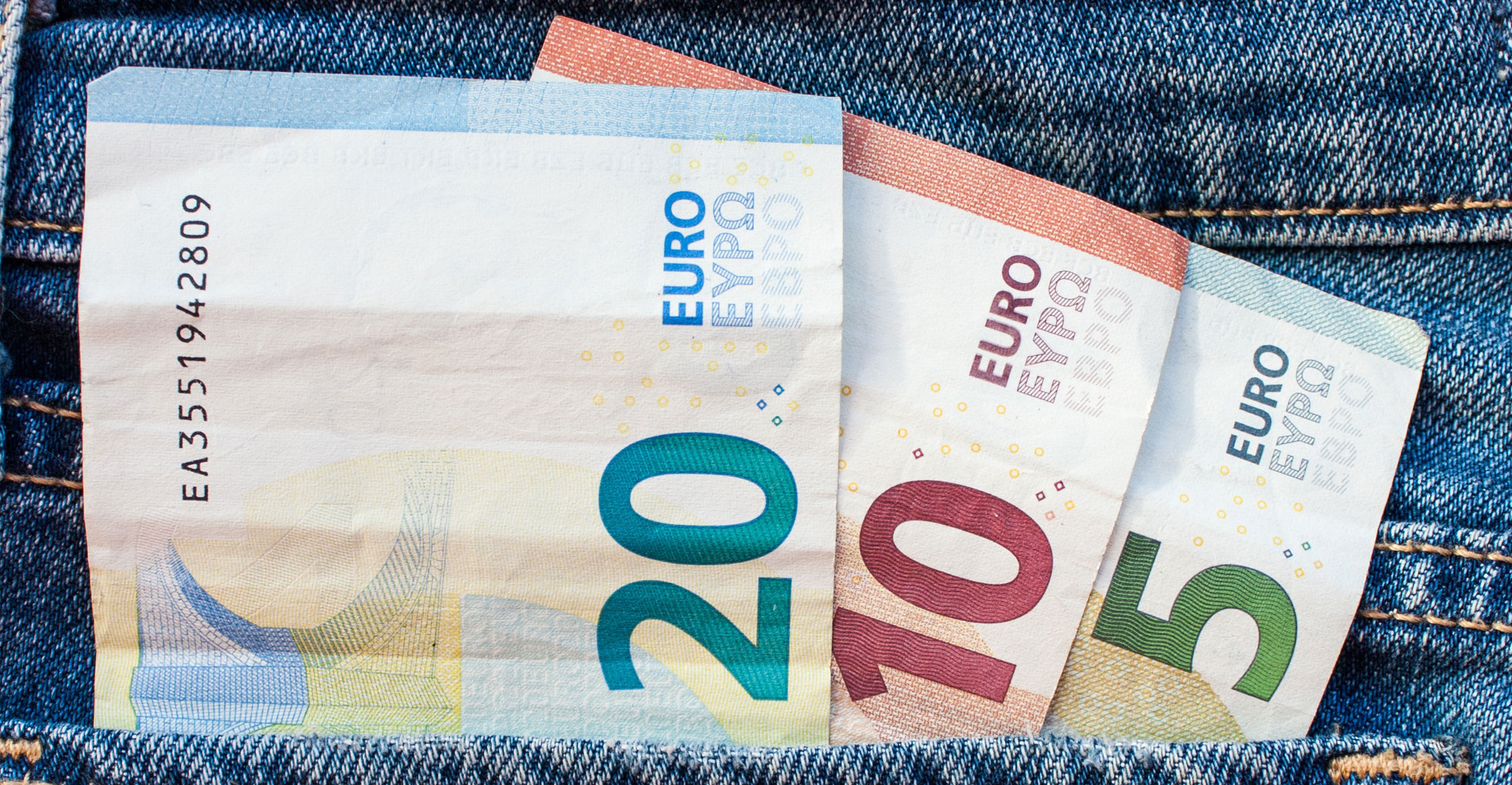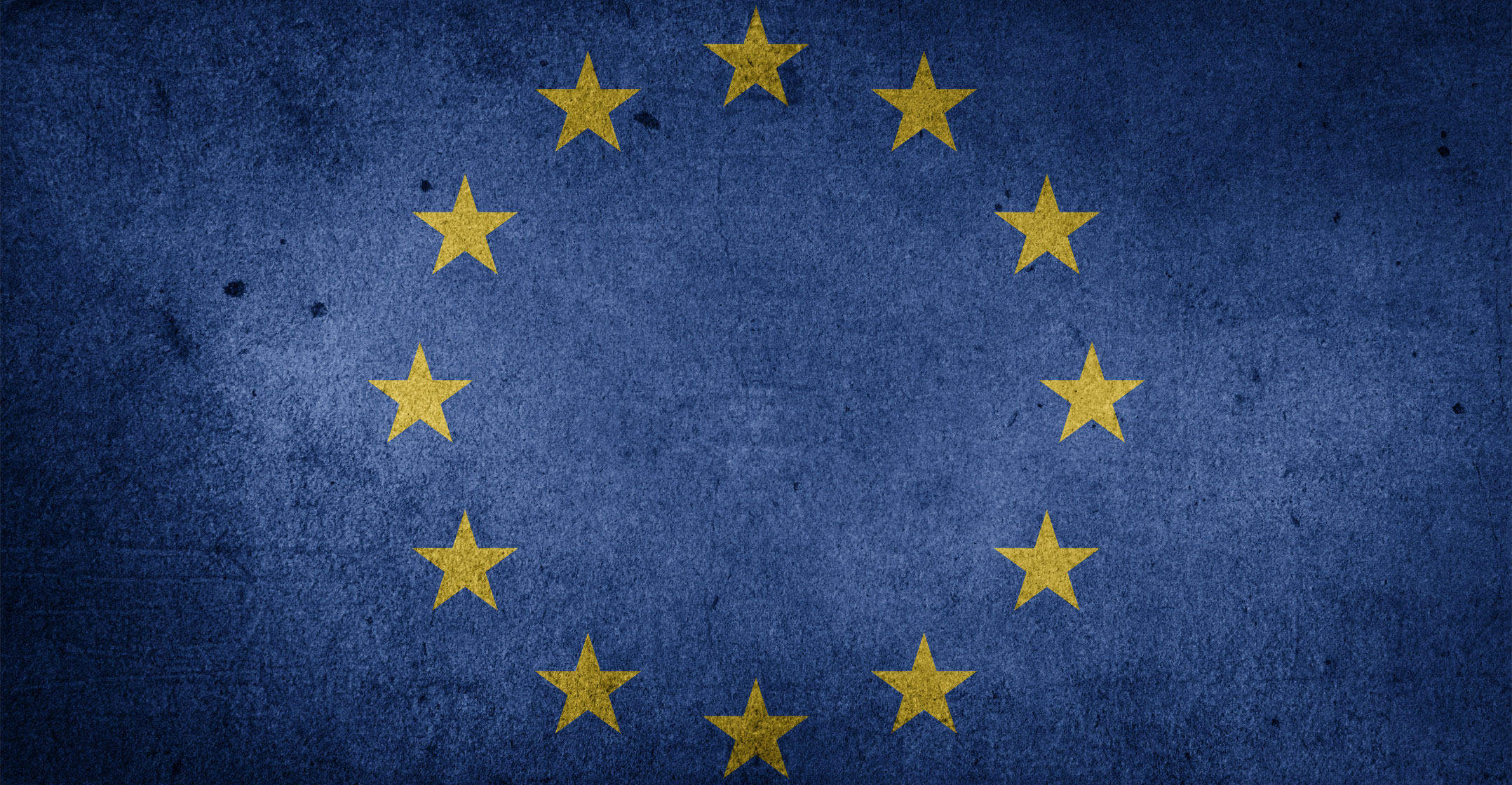
The European Central Bank will start experimenting with a digital version of the euro while holding a public consultation in a major step toward introducing the technology.
“The euro belongs to Europeans and our mission is to be its guardian,” president Christine Lagarde said as the ECB published a study into the benefits and drawbacks of a digital currency. “Our role is to secure trust in money. This means making sure the euro is fit for the digital age. We should be prepared to issue a digital euro, should the need arise.”
The consultation will start on 12 October, and the experiment will be held in parallel. The ECB said it will decide toward mid-2021 whether to launch a digital euro project, which would start with an “investigation phase”.
Cryptocurrencies such as bitcoin, while regularly criticised by central bankers as little more than speculative assets, have nevertheless spurred a close look at how payment technologies are developing.
A central-bank digital currency would allow euro-area residents to place deposits with the ECB directly. That’s typically only an option for commercial lenders, governments and other central banks.
In theory, it’s safer than notes and coins, which can be stolen, or regular savings accounts, which are at risk if the commercial bank collapses.
Experimented
Still, some policy makers have warned that such a system could aggravate an economic crisis if nervous savers rush to take their money out of commercial banks and place them with the monetary authority.
In a sign that the ECB is serious about laying the groundwork for a digital euro, it applied last week to trademark the term “digital euro”, according to the website of the European Union Intellectual Property Office. An ECB spokesman confirmed the filing.
Central banks across the world have experimented with digital versions of their currencies, and ECB officials have recently stressed the need to stay on top of the technological trends.
 Many payment service providers in Europe are of foreign origin, and an “increase in protectionist policies” could lead to payment disruption, Lagarde said in a recent speech. Her institution has “a responsibility to ensure that our citizens have choice and cannot be excluded from the payments ecosystem due to the unilateral actions of others”, she said.
Many payment service providers in Europe are of foreign origin, and an “increase in protectionist policies” could lead to payment disruption, Lagarde said in a recent speech. Her institution has “a responsibility to ensure that our citizens have choice and cannot be excluded from the payments ecosystem due to the unilateral actions of others”, she said.
In a nod to movements claiming there is a push to abolish notes and coins, the ECB statement also said a digital euro would “would complement cash, not replace it”.
Bundesbank president Jens Weidmann, whose homeland of Germany is especially devoted to cash payments, made the same point in September. “Many people value cash very highly, and for legitimate reasons,” he said. “It provides privacy, and its use does not necessarily depend on technical infrastructure.” — Reported by Carolynn Look, (c) 2020 Bloomberg LP




